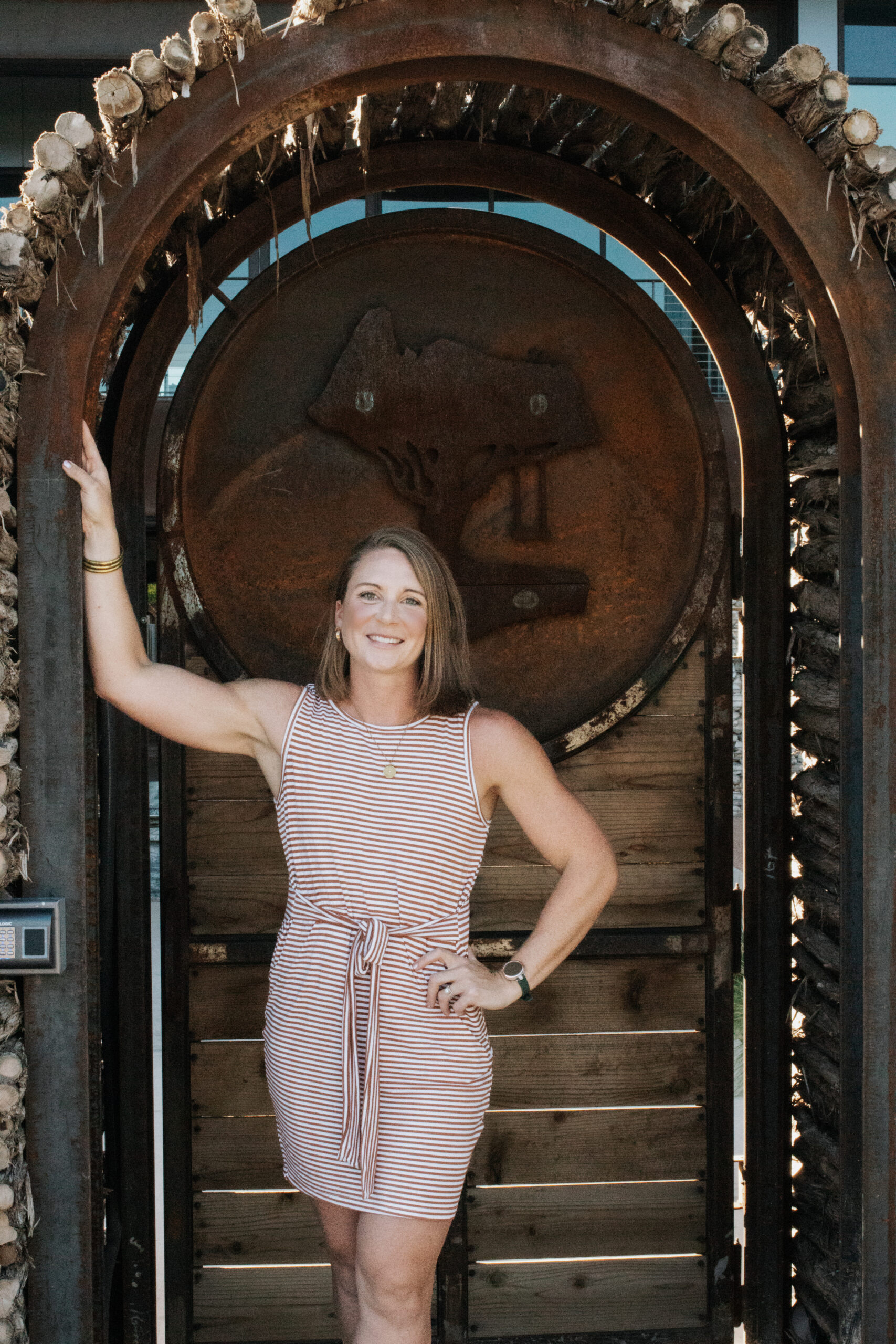
___________________________
You have likely witnessed or experienced meals provided in hospitals, nursing homes, community health centers, or private practices, all crafted by a qualified professional Dietitian (RDN).
Meet Carina Myatt, MS, RDN, LD, NASM-CPT
Carina holds a Master’s of Nutritional Sciences, is a Registered Dietitian Nutritionist, a Licensed Dietitian, and is certified by the National Academy of Sports Medicine as a Personal Trainer.
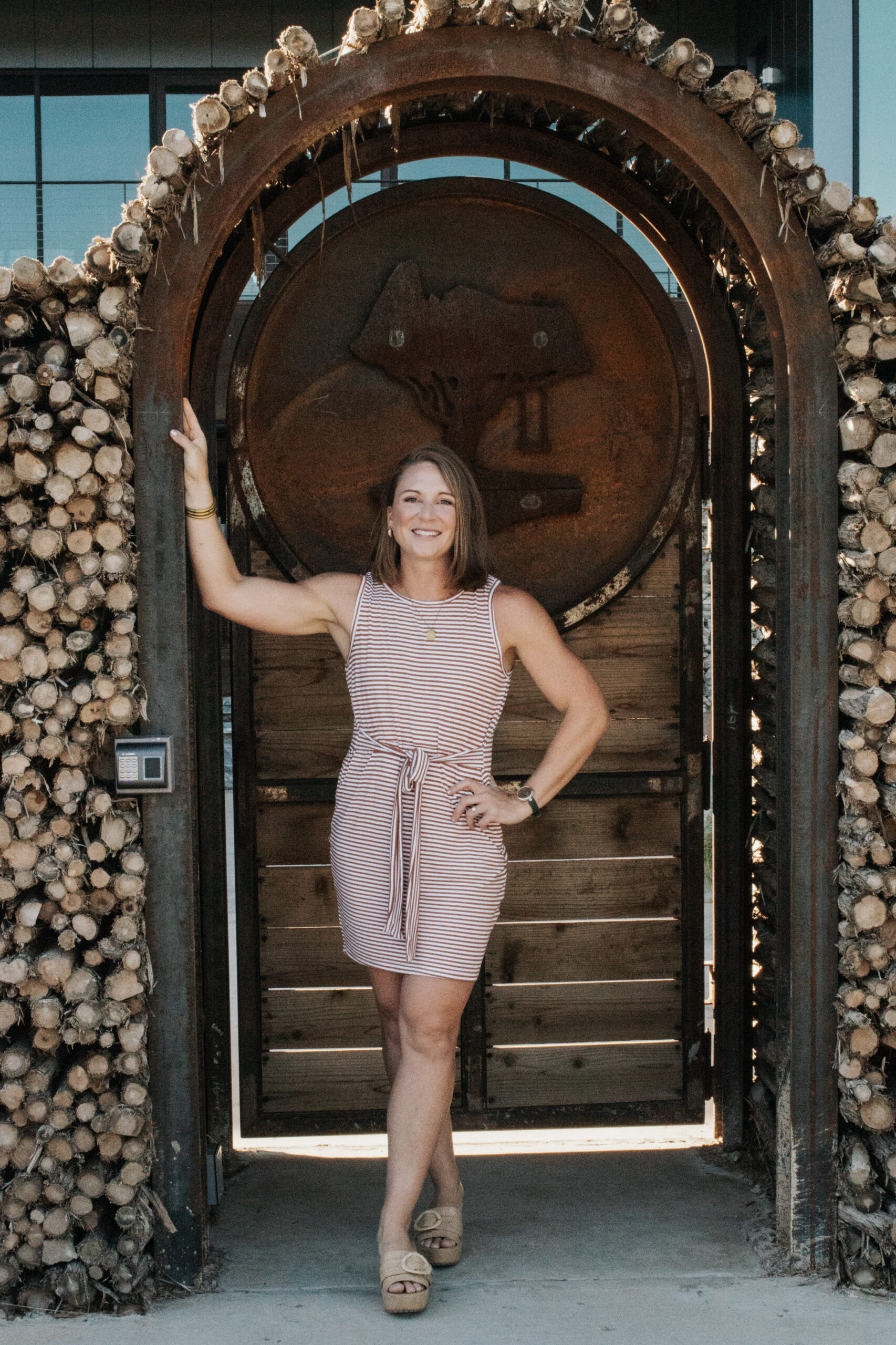
What motivated you to become a Registered Dietitian Nutritionist?
When I began college, I was pre-med, with the intention of pursuing a career as a doctor or pharmacist. But what I found along the way is that many disease states can be prevented and/or treated with nutrition and lifestyle intervention. The more I learned about how the body worked, the more I became fascinated with the role of the food we consume daily and its impact on our health. I also faced challenges with fueling properly for sports and finding a healthy relationship with food. So, alongside studying nutrition, I got to heal my relationship with food and now get to help others do the same. Ultimately, I decided to pursue this career because most days it doesn’t feel like work; it feels like exactly where I was always supposed to be. It is using food to nourish and empower patients to feel their best and live long lives.
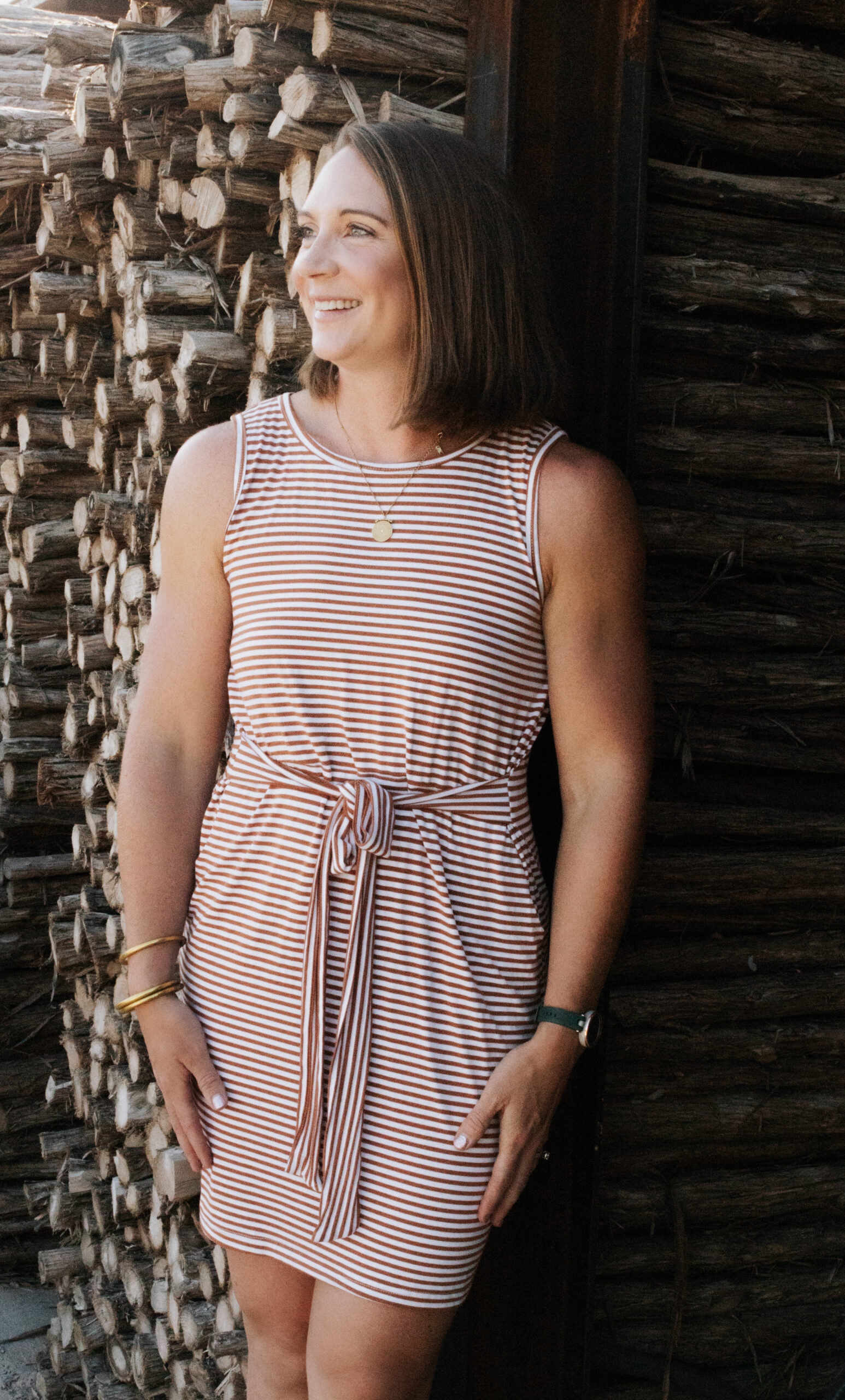


“Many times life happens, and giving my clients or patients the tools to overcome those obstacles while still sticking with nutritious food options, getting rest, and moving their body is where the long-term results come from.”
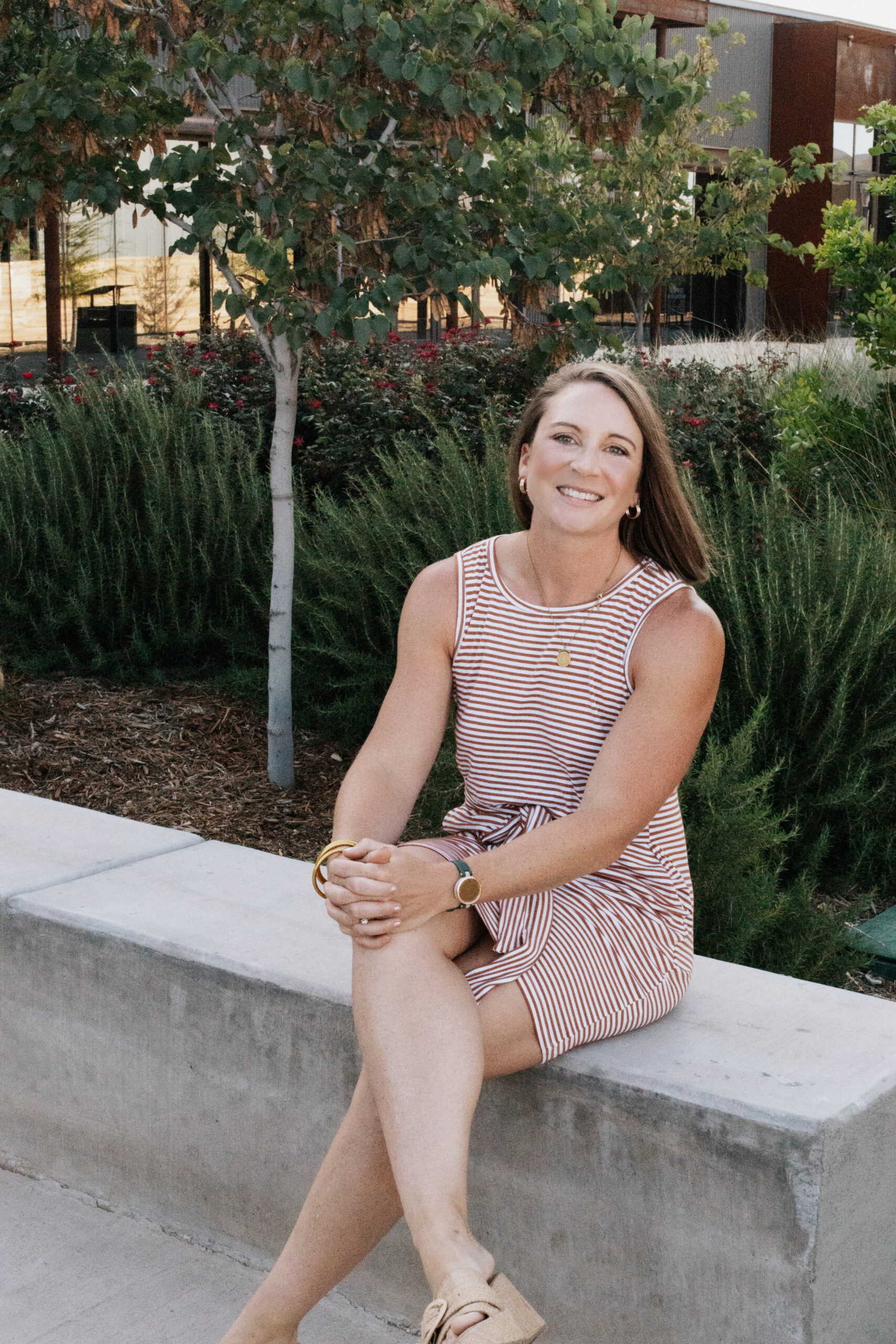
Empowering, Informed, and Passionate about helping You!

How do you maintain a healthy lifestyle yourself?

Prioritize rest and balance.
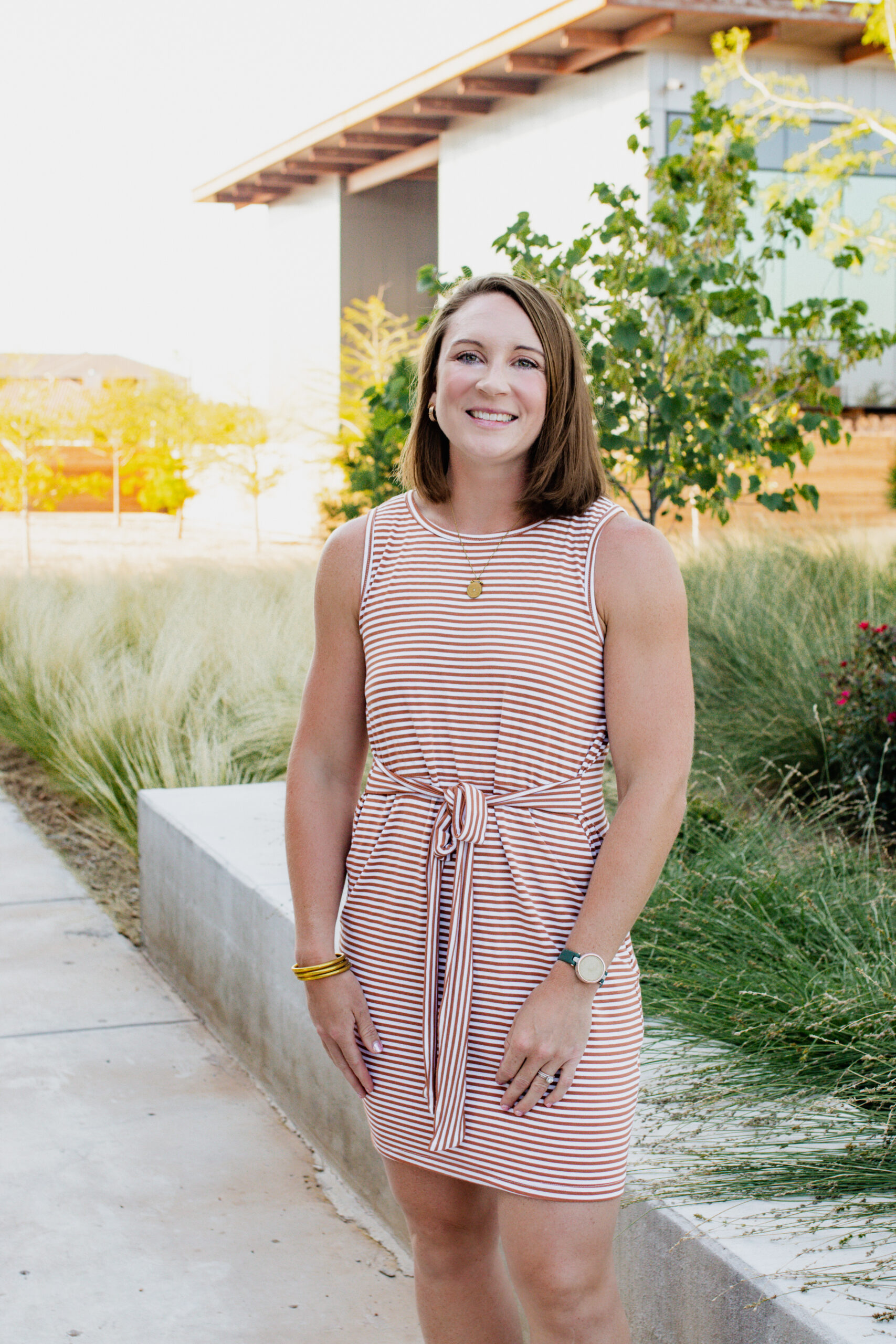
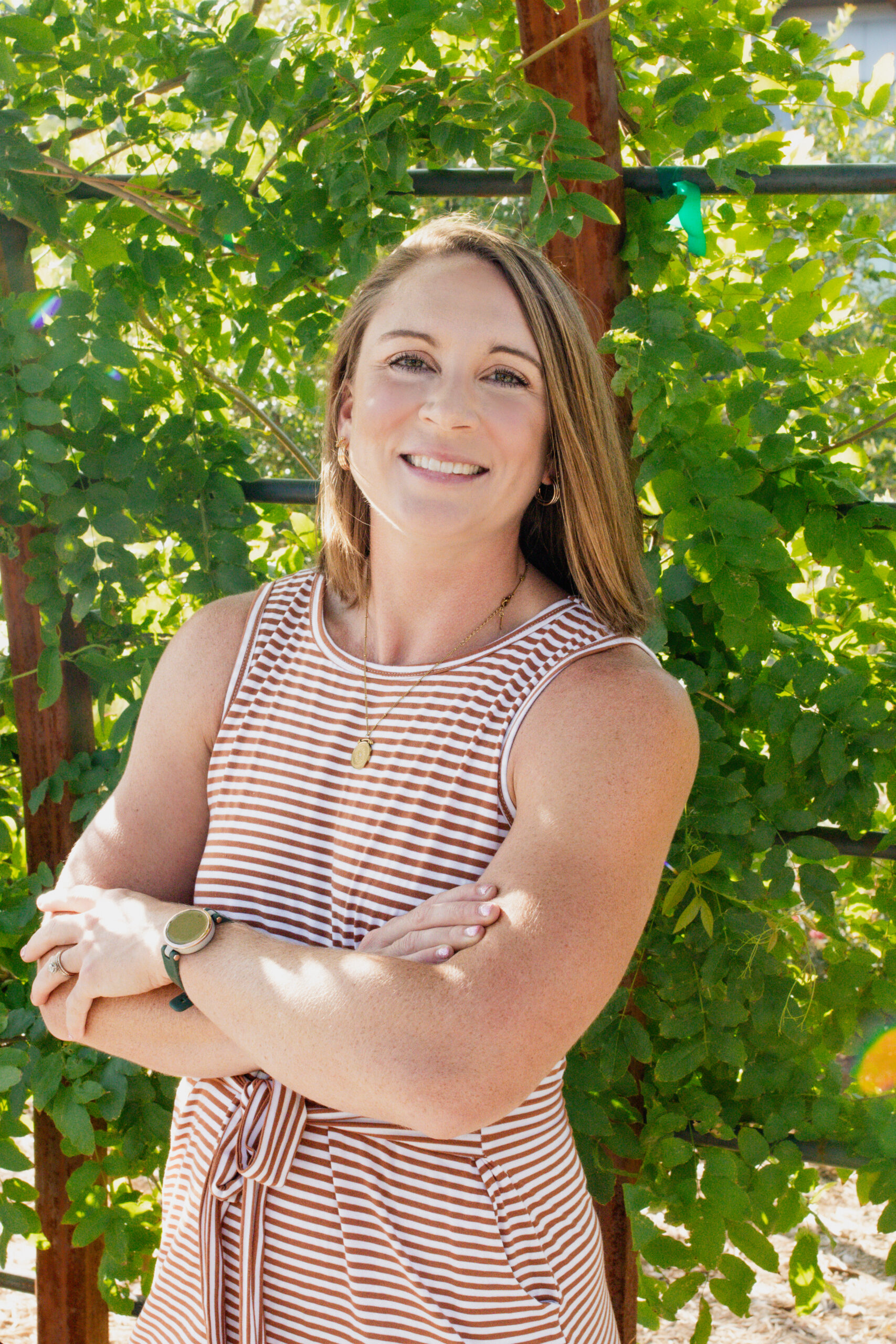
One of my favorite verses:
“I have been crucified with Christ and I no longer live, but Christ lives in me. The life I now live in the body, I live by faith in the Son of God, who loved me and gave himself for me.” -Galatians 2:20
EMPOWERING, INFORMED, AND PASSIONATE ABOUT YOU!
Written by: Monita Harrison Garcia
Copyrights ©The Daily Faith Magazine LLC
Contact Info mail@thedailyfaithmag.com
